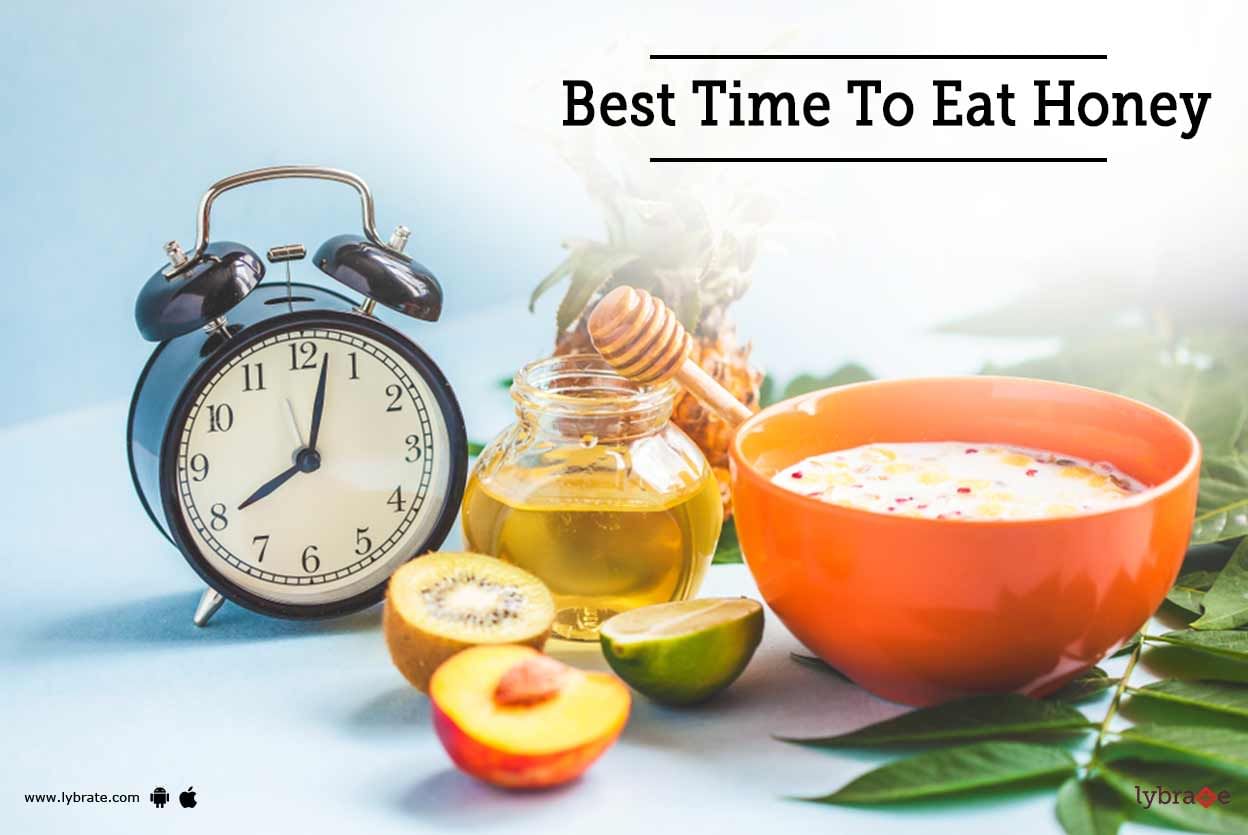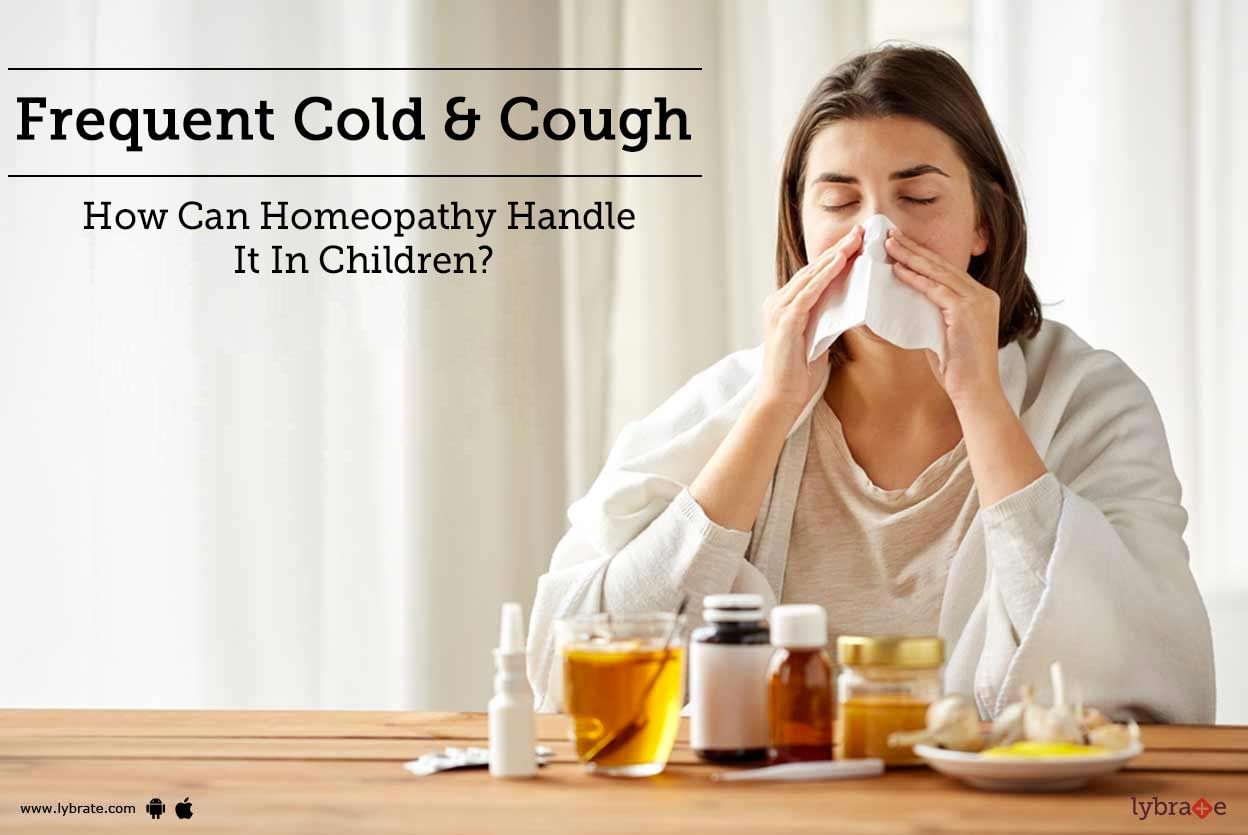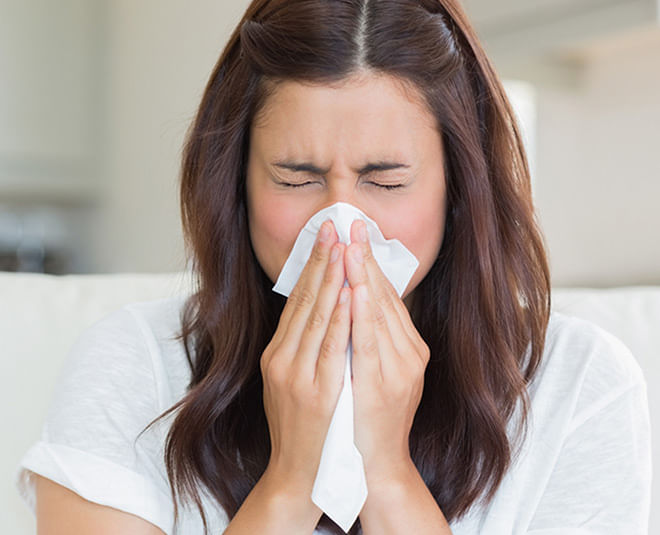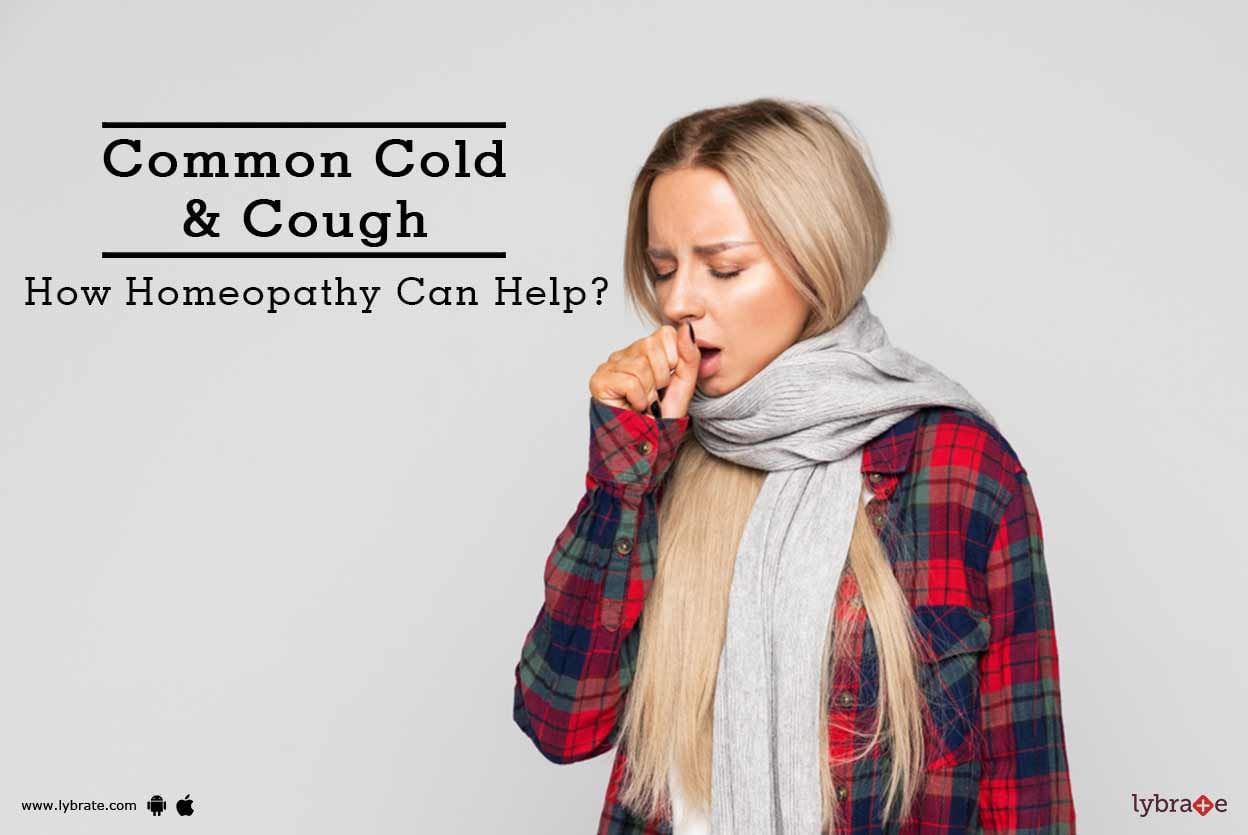Get the App
For Doctors
Login/Sign-up
About
Health Feed
Find Doctors
Health Packages
AllQ&AsTipsQuizzes
Cold Cough Tips
Last Updated: 3 years ago• Featured Tip
Share
Bookmark
Report
1. Dr. Abhijay luthra
Https://www. Lybrate. Com/dehradun/doctor/dr-abhijay-luthra-general-physician
Mbbs bachelor of medicine and bachelor of surgery
2 years experience 500 at clinic 100 online
;
Dr. Abhijay luthra is a general physician based in dehradun, with an mbbs degree from the maharashtra medical council. He is now regarded as one of the best doctors in the area thanks to his proficiency in treating a variety of ailments and...more
129 people found this helpful
Last Updated: 3 years ago• Featured Tip
Share
Bookmark
Report
1. Dr. Hanish gupta
Https://www. Lybrate. Com/delhi/doctor/dr-hanish-gupta-endocrinologist ;
Mbbs, dnb (general medicine)
19 years experience 500 - 700 at clinic
Dr. Hanish gupta can treat common symptoms such as a sore throat, cough, and cold. He has 19 years of expertise and is well-qualified to treat these diseases. He can cure nasal discharge in addition to these frequent disorders.
Cold and flu season has returned, and wi...more
211 people found this helpful
Last Updated: 3 years ago• Featured Tip
Share
Bookmark
Report
Ayurvedic Doctor•Varanasi
क्या है सुहागा
सुहागा या बोरेक्स आयुर्वेद में एक औषधि है। बोरेक्स का पुराना नाम टिंकल है जो संस्कृत शब्द टनाका से आया है। इसका उपयोग तिब्बत और फारस की झीलों में जमा होने वाले कच्चे बोरेक्स को संदर्भित करने के लिए किया जाता है। माना जाता है कि वर्तमान नाम बोरेक्स की उत्पत्ति अंग्रेजी शब्द बोरास से हुई है।
सुहागा आयुर्वेद में एक औषधि है। सुहागा को बोरेक्स के नाम से भी जाना जाता है और यह खनिज पोटेशियम बोरेट से आता है। बच्चों के साथ-साथ बड़ों के लिए भी इसके कई फायदे हैं। चूंकि यह हर तरह...more
सुहागा या बोरेक्स आयुर्वेद में एक औषधि है। बोरेक्स का पुराना नाम टिंकल है जो संस्कृत शब्द टनाका से आया है। इसका उपयोग तिब्बत और फारस की झीलों में जमा होने वाले कच्चे बोरेक्स को संदर्भित करने के लिए किया जाता है। माना जाता है कि वर्तमान नाम बोरेक्स की उत्पत्ति अंग्रेजी शब्द बोरास से हुई है।
सुहागा आयुर्वेद में एक औषधि है। सुहागा को बोरेक्स के नाम से भी जाना जाता है और यह खनिज पोटेशियम बोरेट से आता है। बच्चों के साथ-साथ बड़ों के लिए भी इसके कई फायदे हैं। चूंकि यह हर तरह...more
Last Updated: 3 years ago• Featured Tip
Share
Bookmark
Report
Flu is a very common viral infection which directly attacks the respiratory system and affects the lung, nose and throat of the infected person. Small children, old adults, pregnant women and others who have weak immunity are at high risk of getting infected by it. Flu is also known as influenza.
;
When a person gets infected by a flu, his body starts building up a defense mechanism called antibody for fighting against the virus. Flu can be very dangerous if not treated in th...more
;
When a person gets infected by a flu, his body starts building up a defense mechanism called antibody for fighting against the virus. Flu can be very dangerous if not treated in th...more
137 people found this helpful
Last Updated: 6 years ago• Featured Tip
Share
Bookmark
Report
Honey can be consumed at any time of the day, however, it is always recommended by nutritionists and dietitians to eat honey in an appropriate amount and also at specific times of the day to reap the best health benefits of honey. We advise you to incorporate honey in your daily routine during these times:
1. Benefits of honey in the morning
A warm glass of water sweetened with honey can do wonders for your overall health and wellbeing. Our body requires energy that can sustain...more
1. Benefits of honey in the morning
A warm glass of water sweetened with honey can do wonders for your overall health and wellbeing. Our body requires energy that can sustain...more
Last Updated: 6 years ago• Featured Tip
Share
Bookmark
Report
Children who suffer from recurring cold and cough usually develop other respiratory infections that can result in fever, dry cough and difficulty in breathing. It can lead to conditions like infantile bronchitis, tonsillitis, adenoids, etc.
Causes-
With more than over 200 different viruses which can cause cold in children, it can be a difficult condition to treat and prevent from recurring. As the immune system in children is comparatively weaker or underdeveloped, changes in weathe...more
Causes-
With more than over 200 different viruses which can cause cold in children, it can be a difficult condition to treat and prevent from recurring. As the immune system in children is comparatively weaker or underdeveloped, changes in weathe...more
Last Updated: 6 years ago• Featured Tip
Share
Bookmark
Report
A change in weather means a change in heather and thus, a change in your body and we dare say, not every change is a pleasant one. While we welcome the monsoon changes across our window panes with hope, the germs that come along with the rains aren t a welcome guest. Cold and cough are well-known intruders in the pleasant disguise of monsoon rains and are capable evils against your health. While no long term repercussions are known about cold and cough, we all know how discomforting a sneezy nos...more
Last Updated: 6 years ago• Featured Tip
Share
Bookmark
Report
Infection is generally understood as the invasion into the body tissues of an organism by certain foreign bodies such as bacteria, parasite, and virus. They are transmissible diseases and can be transmitted from one person to the other via sneezing, coughing or physical contact. They can be mild, moderate or severe.
They can be acute, that is, can last for a short time, or chronic that lasts for a long time, or a latent infection that may not cause any symptoms at first but reactivates ...more
They can be acute, that is, can last for a short time, or chronic that lasts for a long time, or a latent infection that may not cause any symptoms at first but reactivates ...more
Last Updated: 6 years ago• Featured Tip
Share
Bookmark
Report
Common cold and cough is one of the most common viral illnesses that have no specific treatment. Allopathic medicines provide palliative cure to just treat the symptoms, there is no definite antiviral for it. There is also popular belief having cold once or twice a year is a good way to cleanse the body. On the contrary, cough and cold could be the first symptoms of a serious underlying disease like pneumonia. From that angle, it is better to treat it than to just let it run its natural course. ...more
Last Updated: 6 years ago• Featured Tip
Share
Bookmark
Report
SGLT2 (sodium-glucose-co-transporter 2) inhibitor is an oral tablet used in conjunction with exercise and diet to improve blood glucose control in Type 2 diabetes mellitus patients.
The medication works by targeting and helping prevent sodium-glucose transport proteins from allowing glucose that has been filtered by the kidneys to be reabsorbed into your bloodstream.
Who is SGLT2 Inhibitor suitable for?
This drug is not suitable for everyone. Selection of the right pat...more
The medication works by targeting and helping prevent sodium-glucose transport proteins from allowing glucose that has been filtered by the kidneys to be reabsorbed into your bloodstream.
Who is SGLT2 Inhibitor suitable for?
This drug is not suitable for everyone. Selection of the right pat...more
Book appointment with top doctors for Cold Cough treatment
View fees, clinic timings and reviews
Ask a free question
Get FREE multiple opinions from Doctors
posted anonymously


















